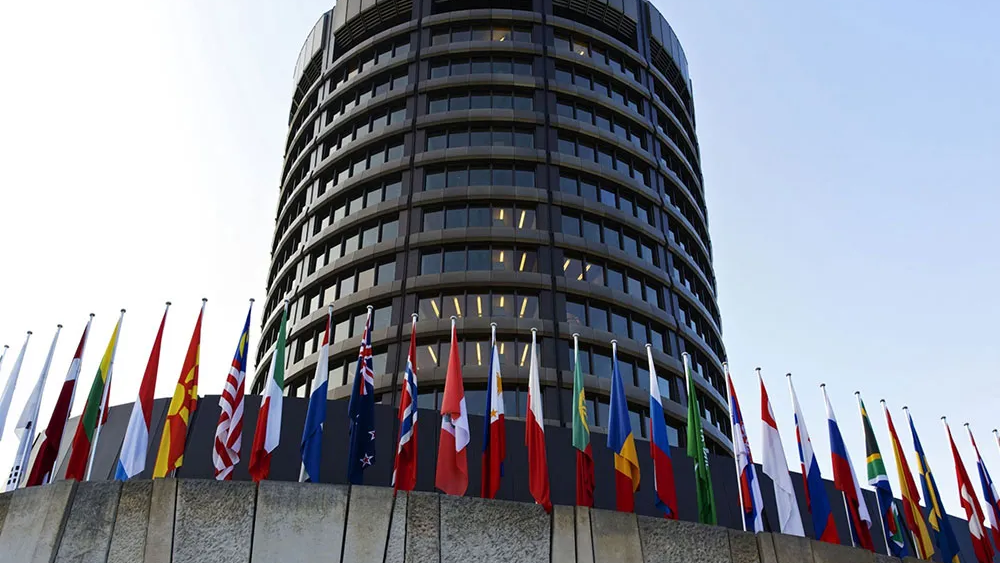CBDC Regulations Need To Be Boosted To Support Over 90% Of Central Banks
Key Points:
- The BIS General Manager urges nations to create CBDC regulations.
- CBDCs could boost financial systems and cross-border payments but need legal backing.
- 93% of central banks are exploring CBDCs; legal frameworks are crucial, says Carstens.
Countries should set up CBDC regulations that support their deployment, Agustin Carstens, general manager of the Bank for International Settlements, said on Wednesday.

CBDC Regulations Need to Be Strengthened
According to Agustin Carstens, CBDCs have the potential to address the changing demands of users and to drive innovation in the money and financial system. They can exist alongside cash, offer the public a digital alternative to banknotes and coins, deepen financial inclusion, and make payments faster, cheaper and easier, particularly across borders.
However, CBDC regulations will be derived from the legal authority of the central bank to issue it. That authority needs to be firmly grounded in the law. According to an IMF paper published in 2021, close to 80% of central banks are either not allowed to issue a CBDC under their existing laws, or the legal framework is unclear.
Central Banks Worldwide Join Forces to Shape the Future of Money
Central banks around the world have been investing in exploring and addressing both the technical and operational requirements of a CBDC he added. In 2022 93% of central banks were engaged in some form of CBDC work, a BIS survey showed. The BIS itself has conducted multiple CBDC experiments and has called for countries to collaborate on their CBDC designs.
The speech also calls for the urgent development of a legal framework to support the implementation of CBDCs. This is necessary to ensure that central banks can meet the public’s demands for forms of money that meet their needs and expectations.
DISCLAIMER: The information on this website is provided as general market commentary and does not constitute investment advice. We encourage you to do your own research before investing.






















